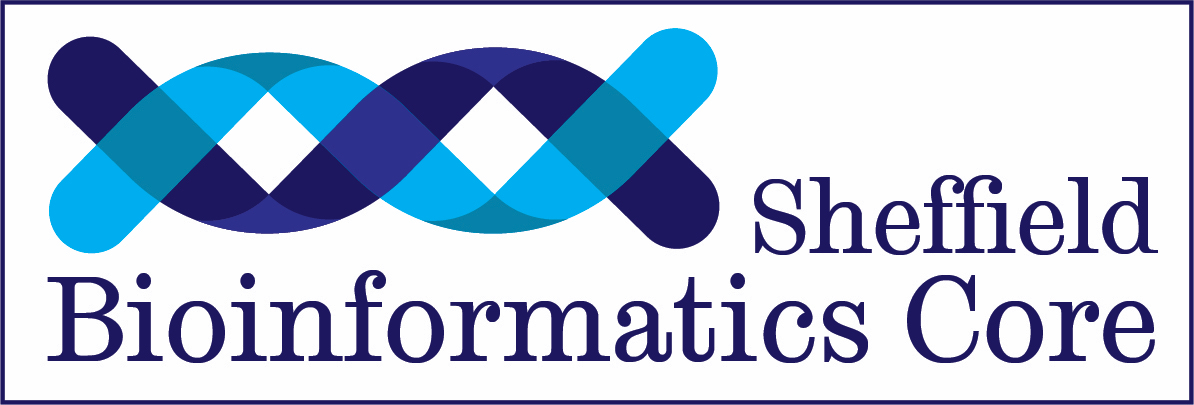If you are planning an experiment for which you would like SBC analysis support, the best time to approach the Core would be when you are collecting / preparing samples and prior to any data being generated. This is to ensure that good experimental design procedures are observed and that the experiment is sufficiently powered to answer your biological question of interest and any potential confounding factors have been addressed.
To quote R.A. Fisher
To consult the statistician after an experiment is finished is often merely to ask him to conduct a post mortem examination. He can perhaps say what the experiment died of.
An initial meeting, which is free of charge will then be scheduled to discuss your requirements and how the SBC can assist. The meeting will involve yourself, the SBC director, one of the analysis team, and ideally a representative of the facility you intend to use to generate your data. As a result of this initial meeting, the Core will determine whether the proposed project fits within their remit, or recommend referral to other local expertise; such as the Research Software Engineering (RSE) Group>
We employ established techniques in reproducible research and version control, and our analysis scripts can be made available to you on request or at the point of submission to a journal.
After our agreed project deliverables have been completed, we will issue an invoice through TUoS internal charging system. In order to make this as efficient as possible please let us know your grant code or cost centre and advise us if any funding deadlines apply.
The SBC charge an hourly-rate of 85 for internal clients, and £100 per-hour for external clients. We will provide you with an estimate of the number of hours required, and a quote. During the project you will receive detailed monthly billing updates and ongoing analysis results.
Please note that payment of fees for data analysis services and authorship are not mutually exclusive. Depending on their contributions to a project, SBC data analysts might be considered collaborators at the same level as other academic colleagues who contribute intellectually and receive funding for work on a project. The recovery of Core expenses through the recharge system does not exclude the possibility for authorship for Core personnel. Similarly, authorship does not substitute for payment of Core expenses for services rendered.
The SBC does not require or request co-authorship on studies using data generated solely by using off-the-shelf software on a fee-for-service basis by our facilities. However, in cases where significant intellectual contributions are made by SBC members, co-authorship follows commonly-accepted scientific practice.
In order to monitor our support service and satisfy institutional reporting requirements, we kindly-request that researchers acknowledge work performed by SBC in peer-reviewed research outputs in either one of the following two ways:
For queries relating to collaborating with the Bioinformatics Core team on projects: bioinformatics-core@sheffield.ac.uk
Join our mailing list so as to be notified when we advertise talks and workshops by subscribing to this Google Group. You can also connect with us on Linkedin.
Requests for a Bioinformatics support clinic can be made via the Research Software Engineering (RSE) code clinic system. This is monitored by Bioinformatics Core staff, so we will ensure the appropriate expertise (which may involve individuals from multiple teams) will be available to help you
Queries regarding sequencing and library preparation provision at The University of Sheffield should be directed to the Multi-omics facility in SITraN or the Genomics Laboratory in Biosciences.
